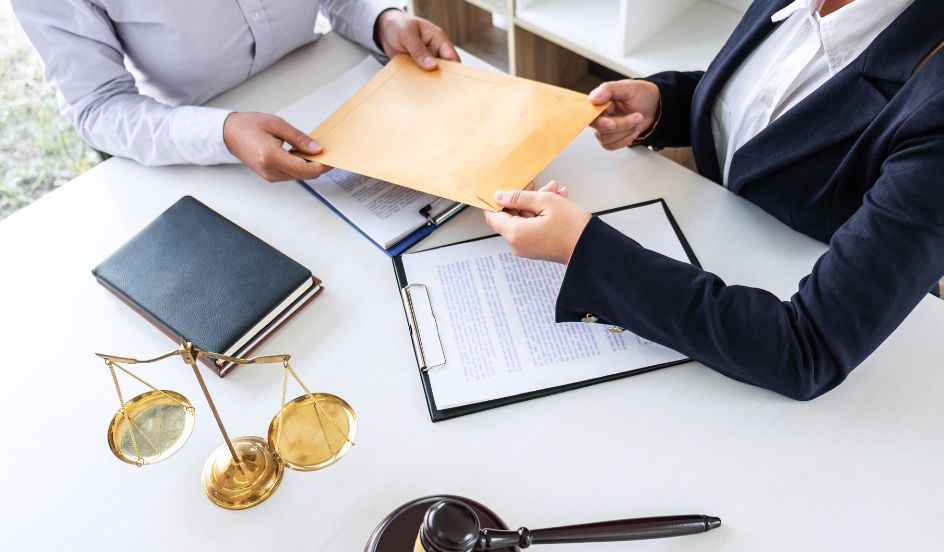Expert witnesses play a pivotal role in mass tort litigation, providing specialized knowledge and insights that can significantly impact the outcome of a case. Let’s delve into the importance of expert witnesses in mass torts cases, their qualifications, responsibilities, and the ways in which they contribute to building strong legal arguments and achieving favorable outcomes for plaintiffs.
1. Expertise and Qualifications
Expert witnesses are individuals with specialized knowledge, training, and experience relevant to the subject matter of the case. In mass torts cases, expert witnesses often possess expertise in fields such as medicine, toxicology, engineering, environmental science, economics, and other technical disciplines. Their qualifications and credibility are crucial factors in determining their suitability to testify as expert witnesses in court.
2. Role in Case Evaluation and Preparation
Expert witnesses play a vital role in case evaluation and preparation, helping attorneys assess the merits of the case, identify key issues, and develop effective legal strategies. They review evidence, analyze data, conduct research, and provide informed opinions based on their expertise. Expert witnesses collaborate closely with legal teams to ensure that the case is thoroughly prepared and supported by compelling evidence.
3. Testimony in Court
One of the primary functions of expert witnesses is to provide testimony in court to educate the judge and jury about complex technical or scientific matters relevant to the case. Expert witnesses explain their findings, offer opinions, and provide insights that help clarify complex issues and support the plaintiff’s claims. Their testimony can be instrumental in persuading the trier of fact and establishing liability or damages.
4. Educating the Jury
Expert witnesses play a crucial role in educating the jury, who may lack specialized knowledge or understanding of the subject matter at hand. Through clear and concise testimony, expert witnesses help jurors grasp complex concepts, evaluate evidence objectively, and make informed decisions based on the merits of the case. Effective communication skills are essential for expert witnesses to convey their opinions persuasively and convincingly.
5. Rebutting Defense Arguments
In mass torts cases, expert witnesses may also be called upon to rebut the arguments and testimony presented by the defense. They scrutinize opposing expert opinions, identify weaknesses or inconsistencies, and provide counterarguments supported by credible evidence and scientific reasoning. Expert witnesses bolster the plaintiff’s case by debunking myths, dispelling doubts, and reinforcing the validity of the claims.
6. Strengthening Legal Arguments
Expert witnesses contribute to building strong legal arguments by providing objective analysis, scientific validation, and professional credibility. Their opinions and testimony add weight to the plaintiff’s case, bolstering the credibility of the claims and increasing the likelihood of a favorable outcome. Expert witnesses serve as invaluable assets to legal teams, helping them navigate complex technical issues and present compelling arguments that resonate with judges and jurors.
In conclusion, expert witnesses play a critical role in mass torts cases, offering specialized expertise, informed opinions, and persuasive testimony that can sway the outcome of litigation. By leveraging the insights and credibility of expert witnesses, plaintiffs can strengthen their legal arguments, establish liability, and ultimately achieve justice and compensation for their injuries or damages in mass tort litigation.

